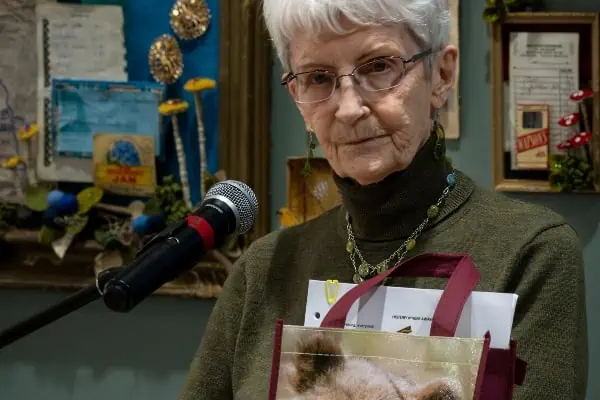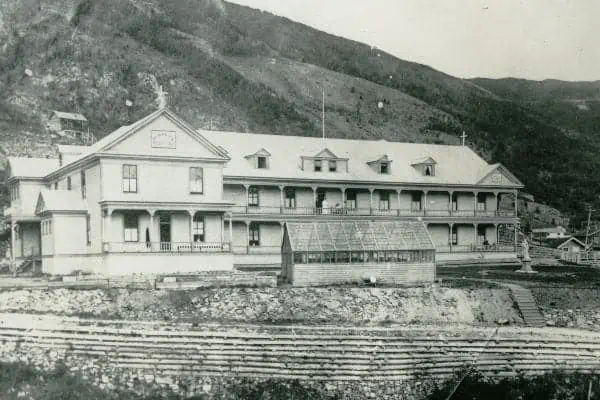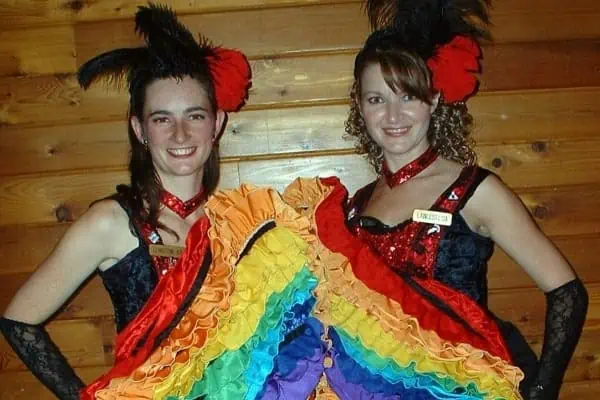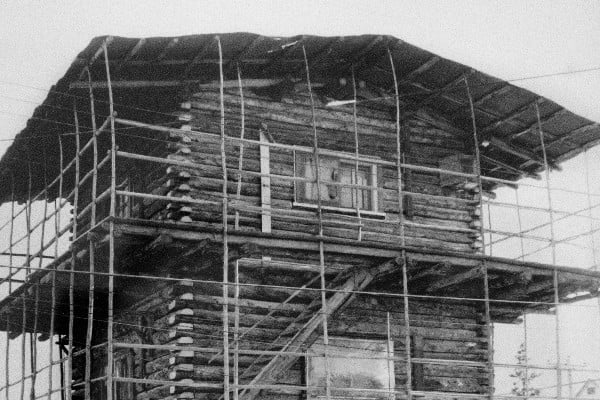In the view of Dr. Ken Coates, the North’s response to the challenge presented by World War I was to do the opposite of what people Outside might have expected.
“They historically were seen as being very separate from the whole country,” he says, “kind of unique places, off in the wilderness, having problems of their own connected up to their own vicissitudes, and local economy, and not really part of the country.”
He sees the territory’s response to the 1914 declaration of war as the Yukon’s expression of wanting in, of letting the rest of Canada know that we were here and intended to be classed as Canadians.
During the week of May 9th through to the 15th, a group of scholars and regular folks will be assembling in Whitehorse and Dawson to consider just what the impact of that decision was. The event, called the North and the First World War Conference, has been planned by a volunteer board under the umbrella of the Yukon Historical and Museums Association.
In Coates’ opinion the Yukon’s effort in World War I didn’t really work out well. The Yukon sent a disproportionately high number of young men off to fight in the battlefields for Europe and, either by death in battle or by opportunities elsewhere in Canada after the war, most of them didn’t come back.
Combine that with the loss of some of the territory’s elite when the Princess Sophia sank just a month before the end of the war and Coates says it was not really until the next global conflict, and the building of the Alaska Highway in the 1940s, that the territory really began to recover.
The first four days of the conference, beginning at the Yukon Transportation Museum and shifting to the Coast High Country Inn, will include a day long workshop and a series of lectures on the following days by people such as Coates, Dr. Tim Cook of the Canadian War Museum, Michael Gates, Max Fraser, Kathy Gates, Dr. Terrance Cole, David Neufeld, Mark Zuehlke and various others from Canada and abroad, including New Zealand.
Coates says there was surprising enthusiasm for this project and this topic once the planning, which began nearly two years ago, got under way.
This is good, because he notes there is a tendency for the knowledge of these types of events to fade away over time and it’s vital that we continue to be aware of how history has shaped us.
“We look at Land Claims and contemporary resource development and a bunch of things like that that seem to have shaped the Yukon. But we have to look back and remember these events, these transformative processes,” Coates says.
“We have to understand the long isolation of the Yukon from the country as a whole. We have to understand the phenomenal ability of the Yukon to mobilize for its own purposes and the purposes of the country… in order to make a concerted contribution to Canada as a whole.”
To him it’s another example, to use that controversial phrase, of the Yukon “punching above its weight,” which it has done all through its history.
“Yukon has contributed more politically and more economically than its small population would actually suggest.”
Following events in Whitehorse, a still to be finalized number of delegates and scholars will be boarding a bus to drive to the original capital of the Yukon, Dawson City, the place from which Klondike Joe Boyle and Commissioner George Black both raised enlisted men to go fight in Europe.
But before that trip, some of Boyle’s story will be celebrated in Whitehorse in a Follies-style theatre production called “Dawson to Berlin: A Romanian Love Story,” on the Thursday evening.
In the Klondike, tours of the Bear Creek Compound and Dredge No. 4 will flesh out that story, as will a lecture by Mike Gates at the Museum and an IODE Tea at the Commissioner’s Residence.
It is shaping up to be an exciting, and possibly exhausting, week.




